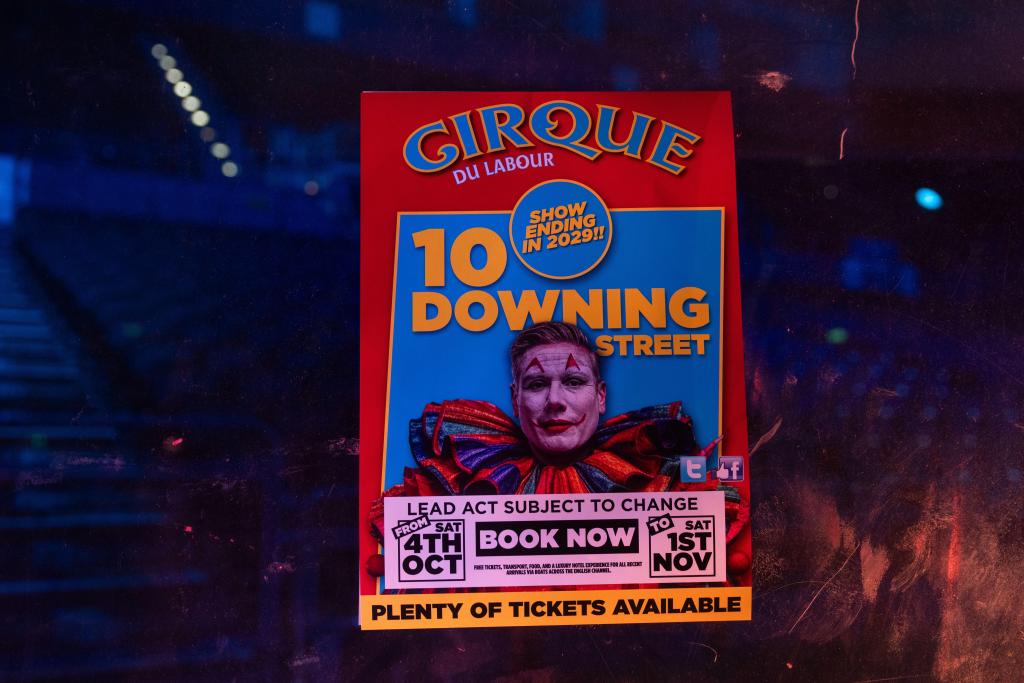The tasting menu has fallen from fashion, and this is good. They are a curio – a window to the chef’s soul – and they have always incited more pity in me than awe. They draw the chef’s subconscious on the plate, and it isn’t always palatable; or, rather, it is too complex for joy.
In their own words, they are unhappy. In The Devil in the Kitchen, Marco Pierre White writes that he was haunted by the loss of his mother, and his kitchen was an attempt to recover her. ‘I suppose,’ he wrote, ‘I was trying to kill myself but sacrificing your health for your career was all the rage.’
Bernard Loiseau (three Michelin stars) killed himself in 2003. Anthony Bourdain killed himself in 2018. François Vatel, hero to chefs, stabbed himself in 1671, as he was preparing a banquet for Louis XIV, because the fish was late. White writes: ‘Why aren’t I happy?’ He gave his Michelin stars back in 1999: he got better.
Bourdain became a chef to spite his mother because she once went to a famous restaurant and left him in the car. ‘Good food, good eating, is all about blood and organs, cruelty and decay,’ he wrote. ‘Gastronomy is the science of pain. Professional cooks belong to a secret society whose ancient rituals derive from the principles of stoicism in the face of humiliation, injury, fatigue, and the threat of illness.’ They are, ‘in some fundamental way dysfunctional’. Of course, food is capable of tenderness: it is capable of anything. I’m just not sure how much of that the chef extends to himself.
Or the diner, when they are force-fed a tasting menu. They became popular because people are credulous, chefs are controlling, and, with the exception of Ollie Dabbous’s at Hide – a rare, beautiful meal – I have never liked one.
I ate Massimo Bottura’s memories of a Normandy childhood – lamb, kelp, cider – at Osteria Francescana in Modena. There was something neurotic about this preservation of a memory and when, between stabs at Bottura’s parents, a tiny, perfect lasagna arrived, I moaned. I wanted a normal-sized lasagna, not a taunt. It was better than the tasting menu at the equally famous Per Se in New York City, from Thomas Keller. I felt like I was being tortured, though I did order the vegetarian menu. I thought – why am I eating your rage, Thomas Keller? I have my own: no room for yours. Daniel Humm’s Eleven Madison Park, also in New York City, was better. I didn’t feel hated, but I can’t forgive what he did to Turnip: Variations in its Own Broth. I stirred it and thought: Daniel Humm, who couldn’t you save?
Food can do anything: it is love given and, sometimes, love denied. For me, the meal I loved best was red snapper, pulled from the Caribbean Sea, and cooked in a shack half rebuilt after a hurricane, but I was in love. The tasting menu is something more controlling, narcissistic and fraught (though somehow pastry chefs remain immune. They are perfect). For the definitive portrait of a neurotic chef – Thomas Keller has a cameo – watch The Bear for Carmen Berzatto (Jeremy Allen White), a man ever in danger of making a tasting menu, or, as likely, ‘yelling at himself’ in a walk-in fridge.








Comments